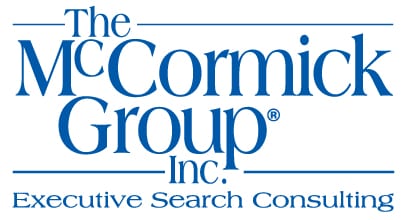As we approach the end of the year, law firms are focused on two major initiatives, collecting bills and determining partner compensation.
With regard to the latter, law firm partners often give short shrift to what they need to do to prepare for those reviews. Here are some suggestions that we’ve drawn from our experience working with partners, consultants, and business development professionals.
- Make sure you get access to all the relevant metrics, and also understand what they mean and where there might be gray areas. In working with lateral partners, we’re often surprised as to how little they understand about such categories as originated billings, working attorney billings, managed billings, and the like. And each firm defines these categories differently, so if there is a document that explains the compensation approach of the firm, you should review that document closely.
- Review and then outline the role you played in all major engagements in which you participated. The law firm metrics outlined above are by definition simplified, so that even though you might not get origination or billing credit for some matters, you may be able to make the argument that either the work would not have come to the firm without your participation, or that additional opportunities may have been or will be developed because of your contributions.
- Compare your performance for the year to any business plan or goal document that you prepared at the beginning of the year. This will help you evaluate where you have met particular goals, or may explain why certain goals were not accomplished. Not only does that give you a more realistic picture of your contributions to the firm, but it may also help in any discussion relating to issues that both you and others at the firm need to address to accomplish joint objectives.
- Don’t just look at revenues, but at profitability. With the increased pressure by corporate clients on value and the growth of alternative forms of billing, law firms are finally, if slowly, incorporating profitability analysis in their compensation determinations. If you’re handling matters through contingent fees, flat fees, blended rates, and the like, you should analyze how profitable these engagements have been. Even if the bulk of your work is done through traditional hourly rates, you should consider the impact of any discounts or write-offs.
TMG’s Take is a regular e-mail advisory produced by The McCormick Group. The company’s Legal, Government Affairs, and Law Firm Management groups combine the expertise of more than 15 Consultants to help law firms fulfill all of their lawyer and administrative recruiting needs. TMG’s Take covers topics across the spectrum of law firm management, including associate and partner compensation, growth strategies, marketing and business development, operations and facilities management, finance and accounting, professional development, and technology. Please direct all inquiries to Steve Nelson, Managing Principal at (703) 841-1700 or snelson@tmg-dc.com.


